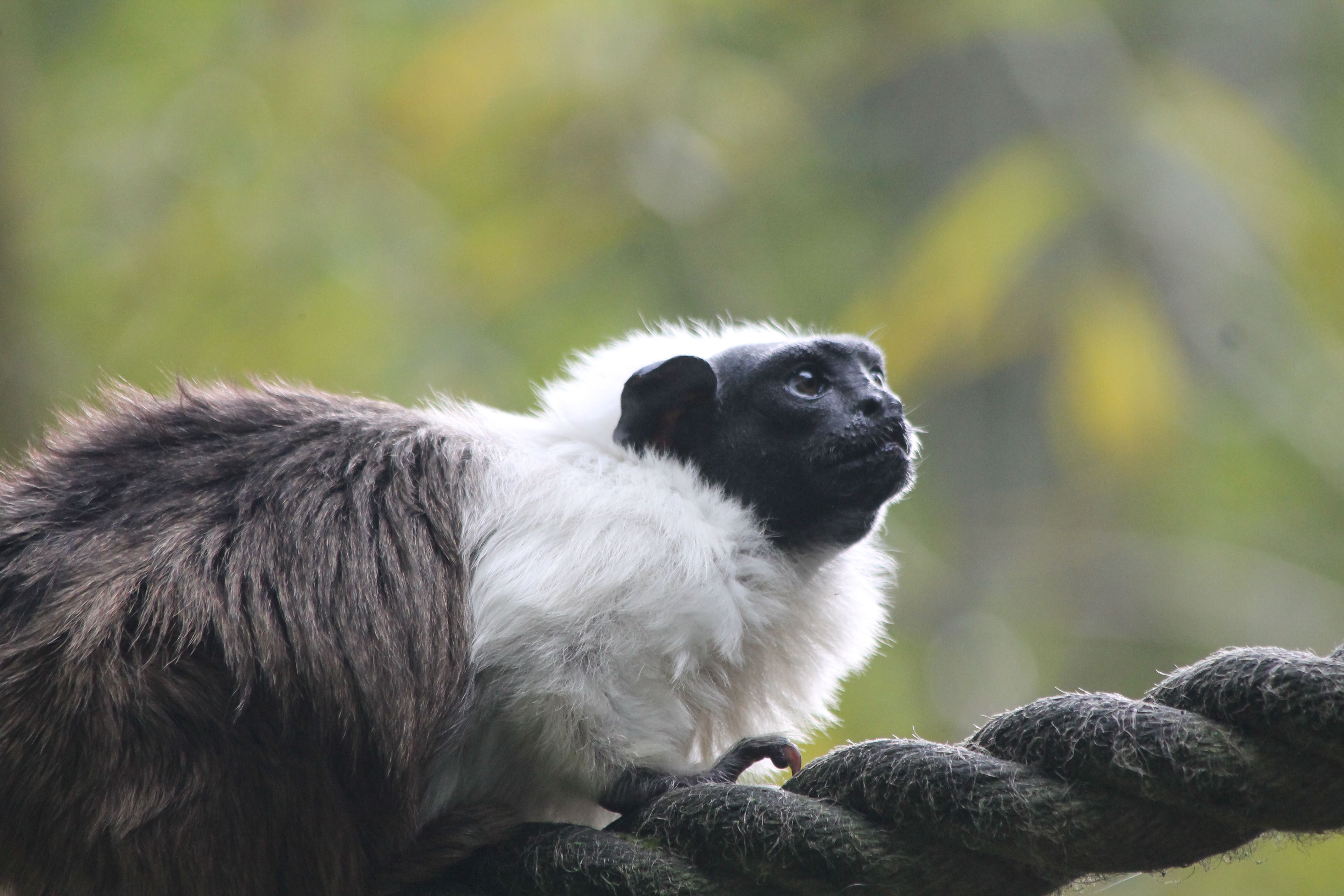Monkeys turn to scent markings in response to city noise, research suggests
Researchers monitoring groups of wild pied tamarins observed a rise in scent marking as noise decibel levels increased.

Your support helps us to tell the story
From reproductive rights to climate change to Big Tech, The Independent is on the ground when the story is developing. Whether it's investigating the financials of Elon Musk's pro-Trump PAC or producing our latest documentary, 'The A Word', which shines a light on the American women fighting for reproductive rights, we know how important it is to parse out the facts from the messaging.
At such a critical moment in US history, we need reporters on the ground. Your donation allows us to keep sending journalists to speak to both sides of the story.
The Independent is trusted by Americans across the entire political spectrum. And unlike many other quality news outlets, we choose not to lock Americans out of our reporting and analysis with paywalls. We believe quality journalism should be available to everyone, paid for by those who can afford it.
Your support makes all the difference.A monkey species is increasingly using scent markings to communicate because city sounds are drowning out their calls, research suggests.
The critically endangered pied tamarin monkey has a narrow geographic range in central Brazil, and the expansion of the city of Manaus means much of its forest habitat is surrounded by noisy urban environments.
Researchers who monitored their behaviour found that the frequency of scent marking directly increased in line with noise decibel levels.
This could have a detrimental impact on the species as scent marking is “not an effective way of communicating over long distances”, one of the study’s authors said, meaning that groups are further isolated from each other.
The study, led by academics from Universidade Federal do Amazonas in Manaus and Anglia Ruskin University in the UK, investigated the behaviour of nine separate groups of wild pied tamarins.
Radio tracking was used to follow each group for 10 days.
Within each area visited, the most common source of noise originating from human activity was road traffic, but there was also noise from aircraft, park visitors, and even military activity.
The monkeys use both vocal calls and scent markings to communicate, and the researchers observed an increase in scent marking as noise decibel levels increased.
This suggests scent marking is being used more frequently as the monkeys’ vocal communication becomes less effective due to the impacts of human noise, according to the researchers.
Co-author Dr Jacob Dunn, Associate Professor in Evolutionary Biology at Anglia Ruskin University, said: “Humans have contributed many additional stimuli to the soundscapes that animals have evolved to deal with, and anthropogenic noise is increasingly drowning out natural sounds.
“The increased use of scent marking by pied tamarins is likely to be a flexible response towards this environmental change.
“This is an interesting result from a conservation perspective as it shows pied tamarins are adapting their behaviour in response to city noise.
“An advantage of scent marking over vocal communication is that it allows information to be passed on over a number of days.
“However, unlike vocal calls, scent markings are not an effective way of communicating over long distances.
“As the pied tamarins’ range is becoming more fragmented and groups are becoming more isolated, this could potentially have a detrimental impact on a species which is already critically endangered.”
Lead author Tainara Sobroza, of Universidade Federal do Amazonas, said: “Many species depend on acoustic signals to communicate with other members of the same species about essential information such as foraging, mate attraction, predators, and territorial defence.
“Pied tamarins produce long calls which are used for group cohesion, intergroup communication and to mark their territory.
“Long calls are especially important in fragmented forests which is the case in Manaus, as the urban landscape encroaches further into the pied tamarins’ territory.
“Our research indicates that communication is being impacted by urbanisation as the occurrence of scent marking is increasing directly in response to increased noise levels.”
The research is published in the journal Ethology Ecology & Evolution.